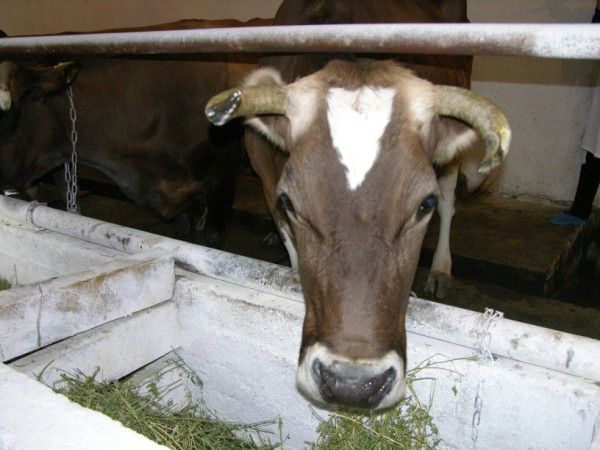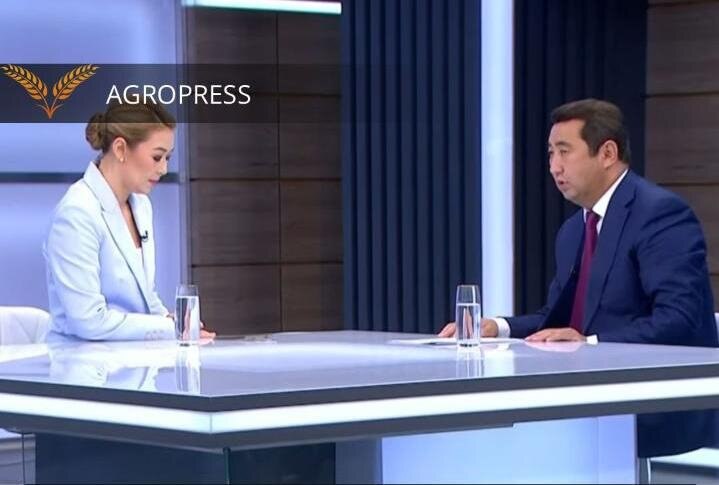BISHKEK (TCA) — A new project designed to improve the productivity of dairy farms in the country will reach approximately 24,000 households. The World Bank’s Board of Executive Directors on November 29 approved US$ 5 million in financing for the Kyrgyz Republic Integrated Dairy Productivity Improvement Project. It is aimed at enhancing dairy animal productivity and milk quality on farms in the country’s Issyk-Kul region. US$ 2.75 million of the financing is a concessional credit, and US$ 2.25 million is a grant, the World Bank said.
Agriculture is an important sector for Kyrgyzstan’s economy, representing about 15 percent of the country’s GDP. The accession of Kyrgyzstan to the Eurasian Economic Union (EEU) in 2015 has presented new opportunities as well as challenges for the country’s livestock production sector. Kyrgyz dairy products have a reputation for being organic and tasty because of the production model based on natural pastures. However, most local milk producers and processors are finding it difficult to capitalize on new market opportunities due to their inability to meet the animal health, food safety and quality standards of the EEU.
“The Integrated Dairy Productivity Improvement Project will increase production and make the export of Kyrgyz dairy products more sustainable, increase incomes of dairy farmers, and create new jobs along the dairy supply chain,” said Jean-Michel Happi, World Bank Country Manager for the Kyrgyz Republic. “In the future, once total output of milk is increased and its quality is upgraded, exporting to other neighboring countries, such as China, Afghanistan, Pakistan, and beyond, should become possible.”
To help address the industry’s constraints, the project will work to improve public and private services in the sector, enhance on-farm productivity, and promote farm-level investments. Specifically, the project will support cattle identification and registration in Issyk-Kul region, initiate establishment of a so-called “zone free of animal diseases,” and provide better artificial insemination services to improve the breed stock of dairy cows. The project will also introduce a concept of “model dairy villages” – to share good dairy farming practices, and facilitate access to finance for small farmers for equipment purchases.
“The project will benefit 12,000 household farms during its first phase of implementation, and another 12,000 households are expected to be reached as indirect beneficiaries. The starting point is linking farmers to processors through a milk collection agent and those who are interested in adopting new technologies,” said Sandra Broka, World Bank Senior Agriculture Economist and Task Team Leader for the Project.







